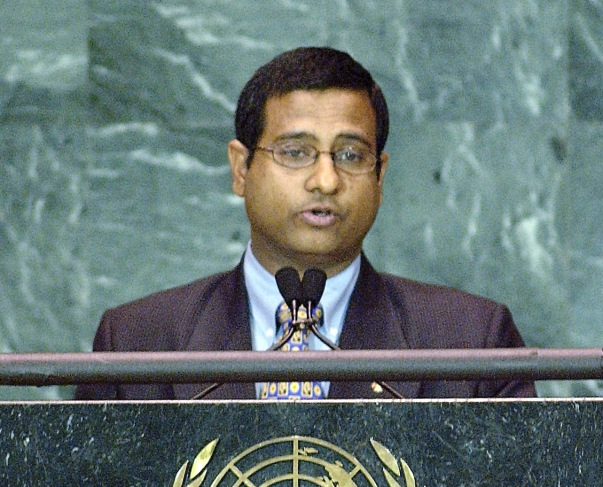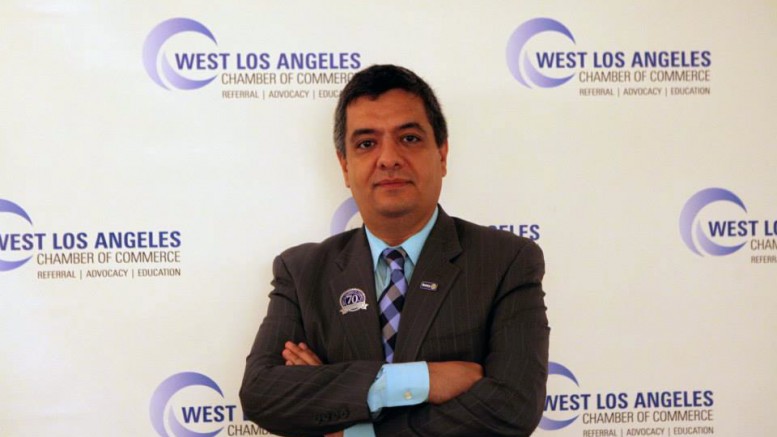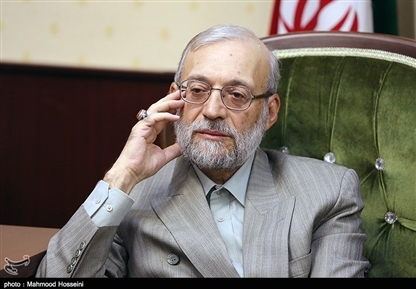News from 


Aug. 26, 2016 (FDI) - After its success in forcing the resignation of Ahmed Shaheed, the trail-blazing UN Special Rapporteur for Human Rights in Iran, the Islamic regime in Iran is now hoping it can count on U.S. help to elect a lackey to succeed him.
But that may be easier said than done.
Dr. Shaheed has issued scathing reports on the systematic human rights violations by the Iranian regime, focusing international attention on the persecution of women, children, ethnic and religious minorities, as well as the political opposition.

His focus on the regime’s human rights record got him banned from Iran just months after he took office in August 2011. Despite multiple requests since that time, the regime has never allowed him to visit or Iran. Dr. Shaheed was re-elected to his sixth one year term in March 2016.
FDI sources believe that the Iranian regime only succeeded in getting Dr. Shaheed removed from his position because of active assistance of Secretary of State John Kerry. “For Secretary Kerry, human rights issues were among the first things to be sacrificed… to facilitate the normalization of relations with the Iranian ayatollahs,” one opposition activist said.
“For several years, this administration has black-listed those Iranians and Iranian-Americans – and Americans, too – who opposed the Islamic Republic, not only from access to American policy makers, but from all the media it controlled, in particular the Voice of America,” the activist added.
Human rights advocates and at least two U.S. elected officials have been promoting Roozbeh Farahanipour, who came to the United States as a political refugee in 1999, as a replacement for Dr. Shaheed.
Mr. Farahanipour, who runs a business in Los Angeles and was recently re-elected to his fourth term on the Westwood Neighborhood Council, advocates for a “secular republic” to replace the Islamic regime in Iran. He tells FDI that he would continue the work of Dr. Shaheed to expose the barbaric practices that the Islamic Republic considers to be “normal” expressions of Islamic Sharia law.

In his letter of support to the U.S. Ambassador to the United Nations, California State Senator Joel Anderson commended Mr. Farahanipour for his “unyielding commitment to raising awareness of the injustices that plague his home country and his ability to overcome immense opposition and retaliation in the battle for Iranian human rights.”
In a parallel letter, U.S. Representative Gus Bilirakis (R, Fl) identified Farahanipour as “an invaluable advisor on all issues regarding the government of the Islamic Republic of Iran,” and commended him as “an international leader in the Iranian cultural renaissance movement.”
Farahanipour has won support from a broad cross-section of Iranian diaspora leaders who agree with him and Dr. Shaheed that universal standards should govern the United Nations effort to monitor human rights practices in Iran, not separate Sharia-law standards.
“I majored in Sharia law as a law student in Tehran, and it’s clear that Islamic law and human rights can never be bedfellows,” he told FDI.
Dr. Shaheed most recently aroused the ire of the Iranian regime for criticizing laws that created two new categories of offensives unknown in other countries: “Mohareb” (literally, one who fights against God), and “Mofsed fel-arz” (“corruptor on earth.”). Both are punishable by death in today’s Iran and have been used as excuses to execute thousands of political prisoners over the past 37 years.
 a July 12,
2016 statement to
a hard-line website, Dr. Mohammad Javad Larijani,
chairman of the Iranian regime’s “Human Rights High
Command,” dismissed Dr. Shaheed’s criticism by saying,
“What business of yours are these things? These issues are
solely the concerns of our laws.”
a July 12,
2016 statement to
a hard-line website, Dr. Mohammad Javad Larijani,
chairman of the Iranian regime’s “Human Rights High
Command,” dismissed Dr. Shaheed’s criticism by saying,
“What business of yours are these things? These issues are
solely the concerns of our laws.”
After enumerating several Islamic punishments enshrined in current Iranian law, Larijani concluded: “Before anything else, Ahmed Shaheed must understand the laws of Islam…”
Speaking to a pro-Rouhani website, Larijani’s deputy for international arffairs, Kazem Gharib-abadi, was more explicit. “One of our tasks at the Human Rights High Command is to influence and reform [Western] human rights documents, because Islamic Human Rights must be recognized and must be reflected in [international] human rights documents.”
In recent discussions with the European Union, the Iranian regime has insisted that the next Special Rapporteur come from a Muslim country and have a good knowledge of Sharia law, informed sources tell FDI.
Three candidates in addition to Farahanipour fit that bill: the former head of Pakistan’s Human Rights commission, Ms. Asma Jilani Jahangir, a fierce opponent of Islamic blasphemy laws; Sudanese lawyer Mohamed Abdelsalam Babiker, who authored a 2012 study on human rights law as it applied to the Dharfur conflict; and Turkish women’s rights advocate Yakin Erturk, who was the UN Special Rapporteur for Violence against Women from 2003-2009 and more recently called the Iranian regime’s war on women a “bloody stain” on its human rights record.
The pro-Tehran lobbying group NIAC has been promoting American Neil Nicks, director of Human Rights Promotion at Human Rights First, an organization that seeks to make the human rights of LGBT people “a foreign policy priority of the U.S. government. Hicks previously worked as a researcher for the Middle East Department of Amnesty nternational in London, and before that, as a project officer at Birzeit University in the West Bank.
The Human Rights Council is expected to
meet during the upcoming session of the UN General
Assembly in New York and elect on a new rapporteur for
Iran sometime between September 13 and September 25.
Kenneth R. Timmerman is Executive Director of the Foundation
for Democracy in Iran. Contact him by email.